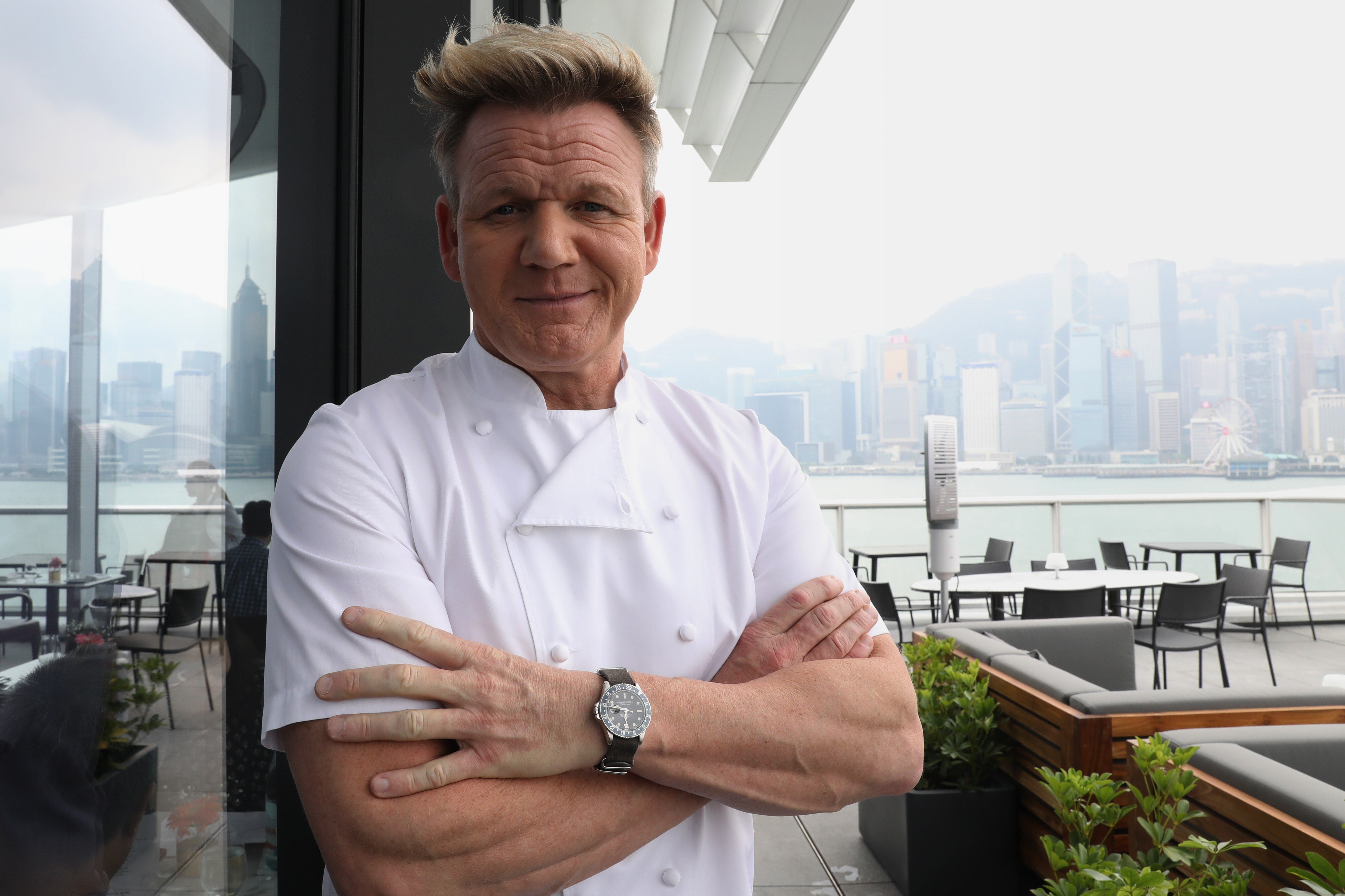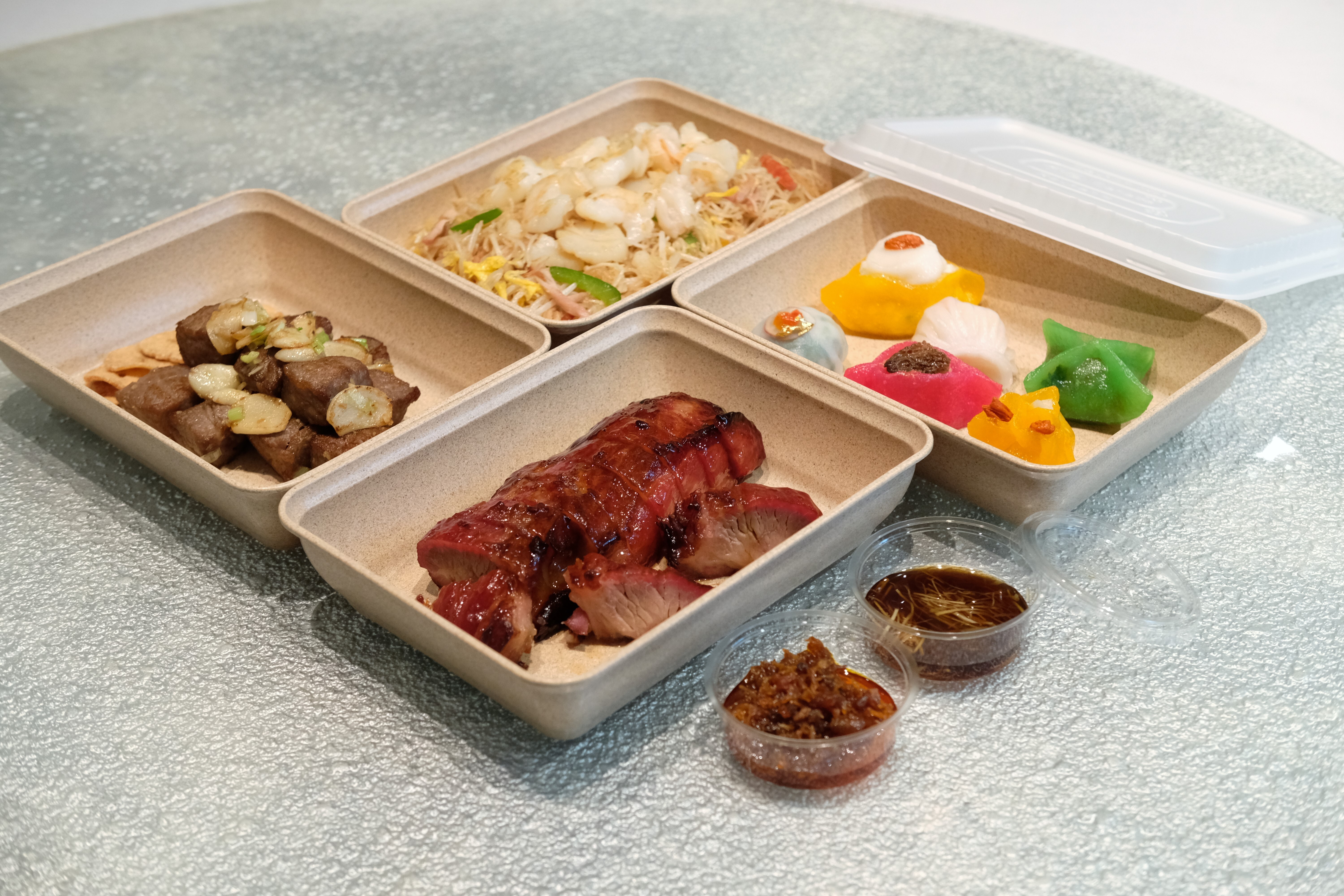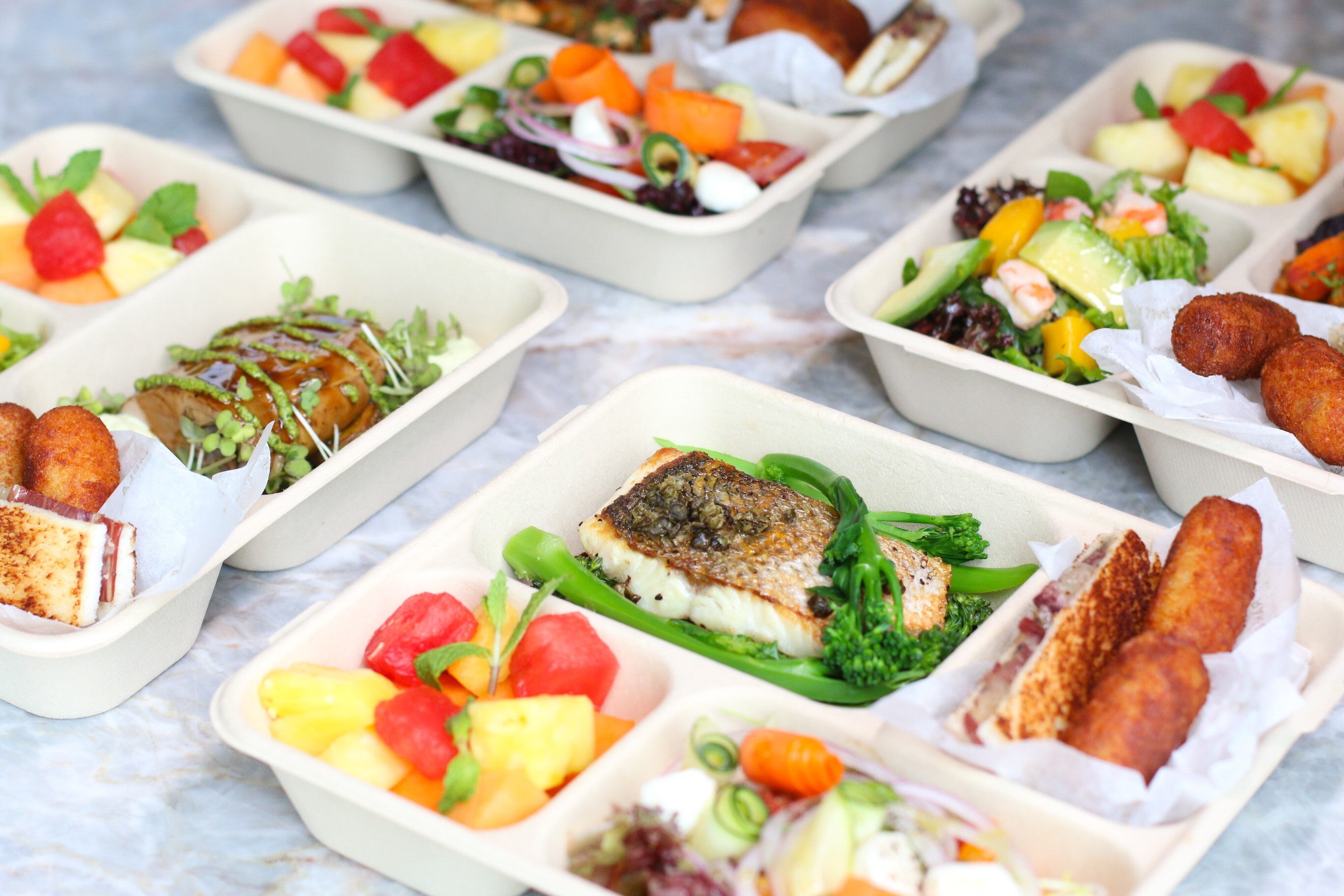Can the world’s best restaurants survive the coronavirus? After months of lockdown and social distancing, the experts aren’t so sure
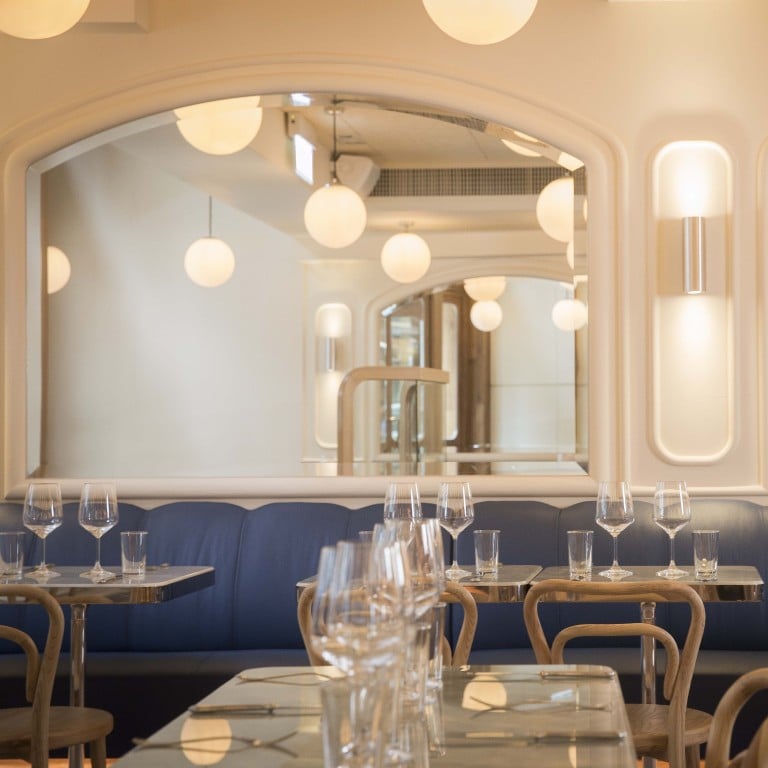
Copenhagen’s Noma and Bangkok’s Michelin-starred Gaa shut temporarily – but Seattle’s Canlis turned to food delivery, while Hong Kong’s Roganic started a soda bread cooking school and Black Sheep Restaurants launched a virtual happy hour
There is no doubt that the food and drink industry is one of the worst hit by worldwide measures taken to combat the spread of the coronavirus. Countries across the globe have taken different approaches to social distancing – from crowd restrictions in dining rooms in Hong Kong to citywide lockdowns in New York and Sydney – restaurant operators have taken on different measures to deal with these challenging times.
One of the marked differences to the approach that operators have taken is a direct result of the socio-economic differences between countries. In a Catch The Experts webinar series titled “Can the Restaurant Industry Survive Covid-19?”, Mark Canlis, the third-generation owner of Seattle’s fine dining eatery Canlis, decided to take it casual and turn his restaurant into a bagel shed and drive-through, which has now evolved to a family meal and local produce delivery service. This swift action proved pre-emptive as, a week later, state governor Jay Inslee signed an emergency proclamation to shut down restaurants. And in the country where health insurance is closely tied to employment, Canlis saw this as an opportunity for their staff to keep their jobs during an increasingly uncertain time.
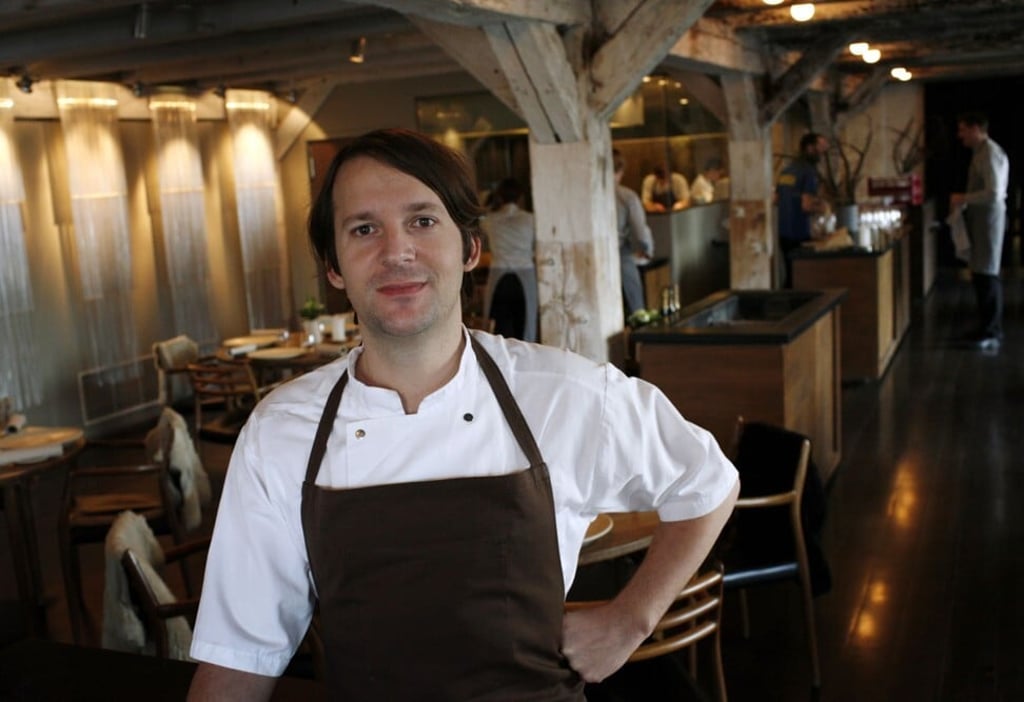
Over in Denmark, with more than half of its bookings made by international guests, Copenhagen’s world-famous Noma decided to shut its doors when its government closed the borders on March 14. “We could have made payroll for another week or two, but after that, we would have run out,” said chef and co-owner René Redzepi in an interview with Vanity Fair. “So instead, we furloughed the staff, and decided to spread [the remaining funds] out, buying food for our team and helping them pay their bills.” The restaurant has been cooking a daily meal and negotiating rent freezes for its employees ever since.
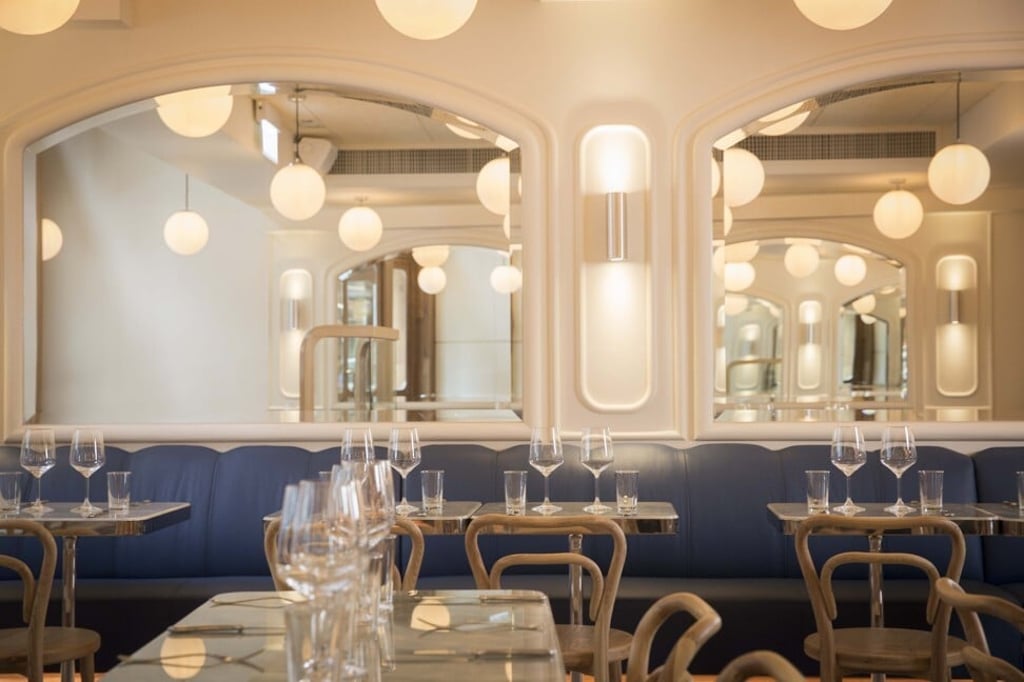
Back in Hong Kong where delivery services are commonplace, restaurants and eateries have to take things at least one or even several steps further. Syed Asim Hussain, co-founder of Black Sheep Restaurants, mentioned that delivery aggregators in the city are charging exorbitant commissions that undermine potential profit margins. However, with 22 eateries under the group, they launched their own app called Black Sheep Restaurants Go two years ago. The biggest change is that the dining group included their high-end restaurants such as Belon and New Punjab Club onto the app, which Hussain said was a concept “not conceivable six months ago”.

Many Hong Kong establishments have come up with new ways to increase revenue and attract diners. Roganic started a sold-out cooking class to make its famous soda bread that also includes lunch. Food distributor Waves Pacific began collaborating with chef Shane Osborn to provide an exclusive DIY home cooking delivery service, which includes some of the ingredients you would find at his restaurant, Cornerstone, while Taqueria Super Macho offered a virtual happy hour where for HK$198 a package of two margaritas and snacks will be delivered to you and your friends.
At the height of the outbreak the Hong Kong government implemented a slew of restrictions on restaurants dictating tables have to be spaced at least 1.5 metres apart, and that table bookings must be restricted to four people or less. Alan Lo, co-founder of Classified Group, lamented that the government took its advice from a lot of the professional catering groups without reflecting on the space restrictions faced by smaller, more confined eateries. “I spoke with a few of my contemporaries and we actually preferred a complete lockdown for two weeks to control the virus, and in return the government can offer some sort of payroll and rental support. But our government tends to take action in piecemeal,” he said.
Hussain agrees as he and his group has been advising the HKSAR government on what the industry needs and he also, requested tenancy and payroll support. “But that is not the way our government works.”







